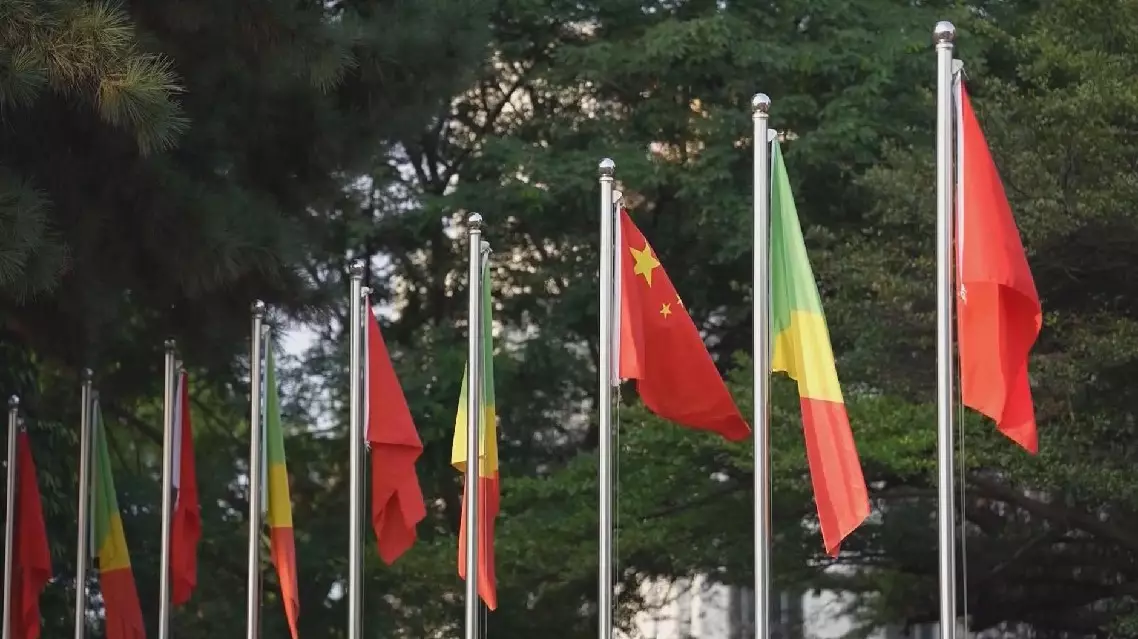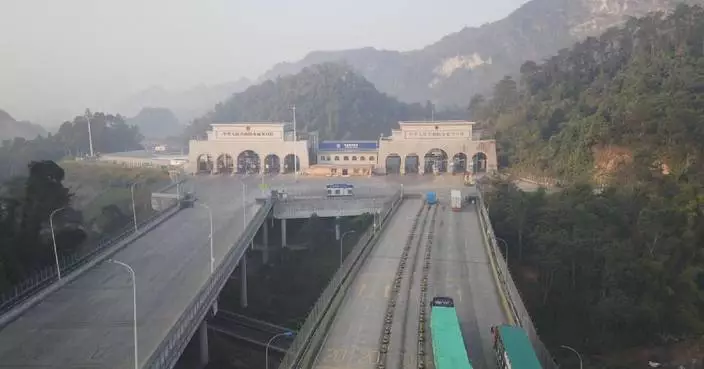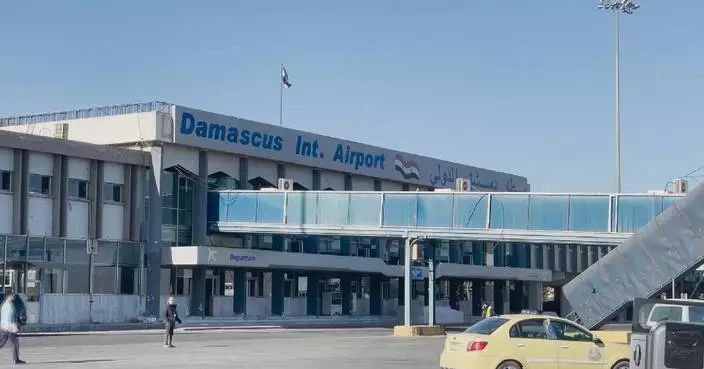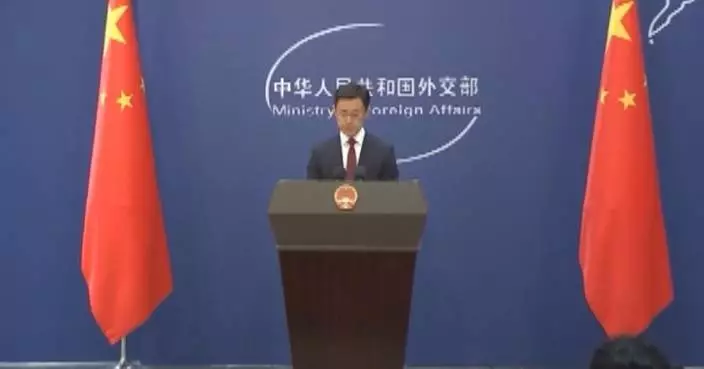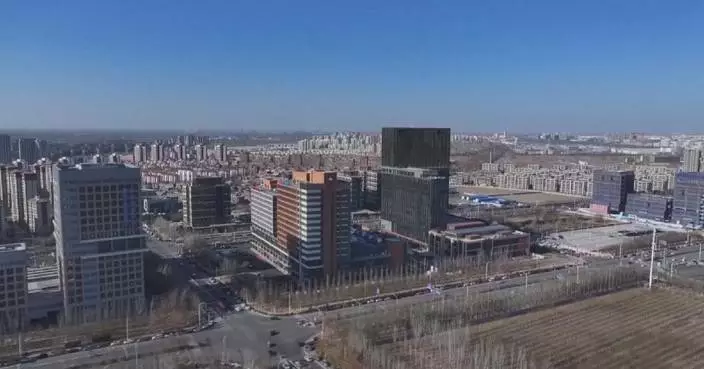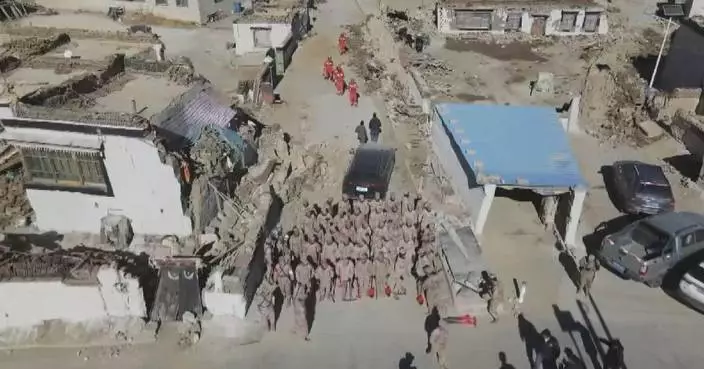The halting of Russian gas transit through Ukraine will result in a redoubling of efforts in Europe and Russia to find new supply routes, according to Chinese scholar of international relations.
Ukraine officially stopped the gas flow on Wednesday, following the expiration of a five-year agreement with Russia's gas giant Gazprom on Tuesday. This agreement, signed in December 2019, had allowed Russian gas to continue flowing to Europe through Ukrainian pipelines despite the conflict.
Zhang Xin, associate professor at the School of Politics and International Relations, East China Normal University, said that both sides of the trade relationship will face significant challenges as a result of the development.
"That has been anticipated for long, to essentially undermine Russia's ability to fund its military operation in Ukraine and limit Moscow's ability to use energy as a strategic leverage in Europe. And that's the main purpose. That kind of long term stable energy cooperation is part of economic interdependence between Russia and Europe has now come to an end, at least for the foreseeable future. So that's probably an even bigger loss for Russia as well as for Europe," Zhang said.
Following the halt of Ukraine transit, the TurkStream pipeline under the Black Sea has become the sole remaining route for transporting Russian gas to Europe.
The European Commission says the share of Russian pipeline gas in EU imports has plummeted from over 40 percent in 2021 to about 8 percent in 2023, with Norway and the United States emerging as the new top suppliers.
Amid concerns about supply shortages and soaring energy costs, Zhang predicts that countries will seek new ways to secure alternative transit and import routes for gas, continuing a trend that has emerged from the conflict.
"A larger implication for the geopolitics of energy for Russia, Europe, even for the global energy market probably consists of a few important trends in the foreseeable future. All major actors in Europe in Russia are going to intensify their efforts, double their efforts to look for alternative transit routes, import, export routes for gas as we've already seen in the past few years. But I think efforts along that line will be even intensified," Zhang said.
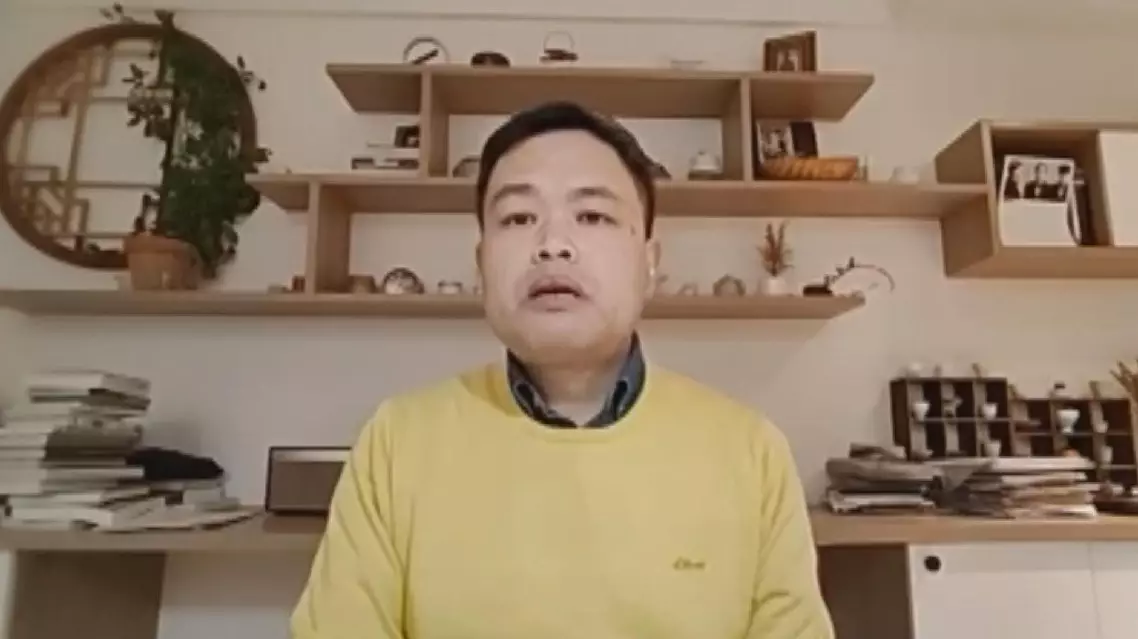
Ukraine's halting of gas transit impacts Russia's energy leverage on Europe: scholar


